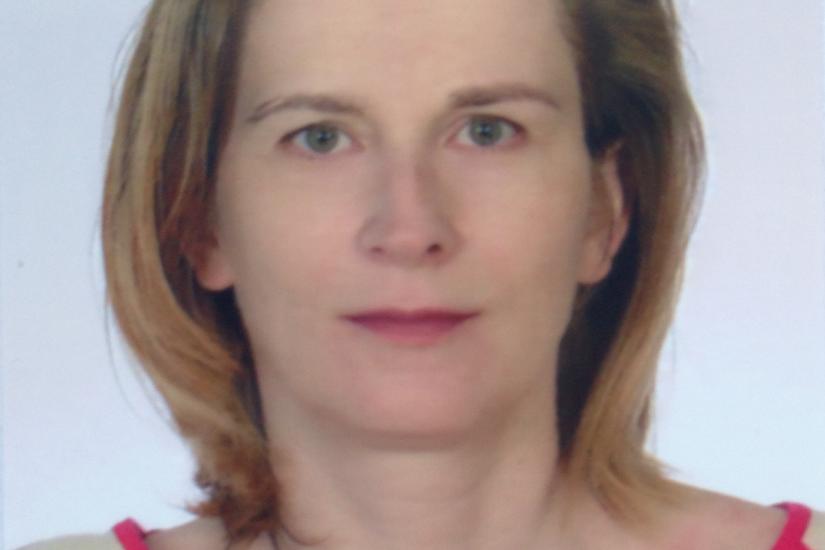
ABSTRACT / Shadow economy (SE) is an important and current research problem. It is the subject of research for experts involved in the analysis, evaluation and measurement of the economy, as well as for state authorities whose task is to counteract this phenomenon. The essence of SE is: hiding part of the income in order to avoid taxation, employing workers off the books, registering the self-employed as unemployed. In analyzing the methods of estimating the size of the SE, the literature review indicates a multitude of methods used (e.g. Schneider and Buehn, 2016, Frey, B. S. E. Efendic., A 2018 ). In principle, two groups can be distinguished: direct and indirect. In the first group, B. Mróz (2002) lists household surveys, tax surveys, labor market surveys, and direct surveys of partial markets. In contrast, intermediate methods, which use the traces that the SE leaves in different sizes and economic indicators, include the analysis of discrepancies between expenditure and income statistics, microeconomic analyses of the labor market, monetary methods, econometric methods, methods based on the consumption balances of certain materials and raw materials, multivariate methods, indirect analytical partial methods, Delphic methods. The main goal of this project is to identify and analyze relations that occur within the informal economy. The aims of the project are: (1) to study the relationship between the observed and shadow economy, and (2) to measure the scale of the shadow economy. Statistics Poland regularly conducts surveys which provide information that might be used to estimate the grey economy. The presented research focuses on information concerning one's satisfaction from being a company owner. Questions included in this questionnaire refer to expectations, real costs and salary. Inconsistencies in the respondents' answers indicate the potential source of the grey economy and its scale.
BIO / Mariola Chrzanowska is assistant professor at the Department of Econometrics and Statistics of Warsaw University of Life Sciences. She studied mathematics and management. She holds PhD in Economy (specialization in econometrics and statistics). Her main activities include research on regional, local development, quality of work and life. She has 10 years of relevant experience in research projects and has an extensive publication list in peer-reviewed journals. Mariola has been involved in EU commissioned studies, e.g. COST project: COST CA15218 – Measuring homelessness in Europe and CA15109 – the European Cooperation for Statistics of Network Data Science, teaching project Jean Monnet Action: Small Area methods for Multidimensional Poverty and living conditions Indicators in EU – SAMPIEU within Jeanne Monnet Life Long Learning Programme (Project reference: 600494-EPP-1-2018-1-IT-EPPJMO-CHAIR). She is a leader of EMOS (European Master in Official Statistics) project at WULS supported by Eurostat.